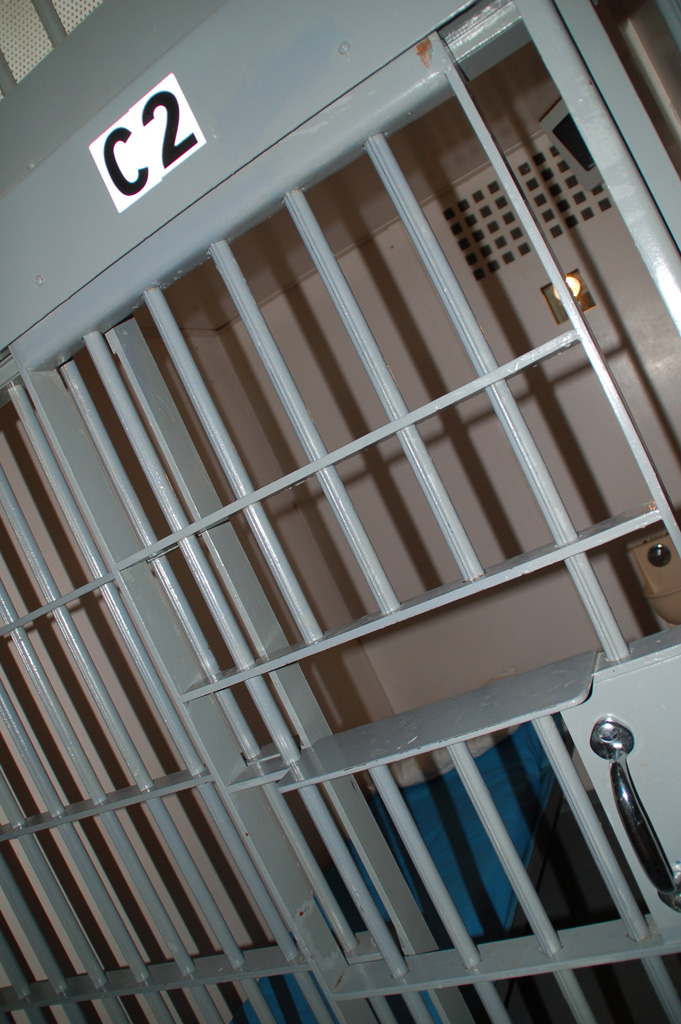Of Felons and Taints
Almost all states place some restriction on the rights of felons to vote. Three states–Kentucky, Florida, and Virginia–maintain a system of permanent disenfranchisement for convicted felons. There’s a long  historical tradition of voting restrictions against felons, dating to well before the Constitution was ratified. Section 2 of the 14th Amendment explicitly acknowledges the practice of criminal disenfranchisement (and, to a degree, endorses it by not penalizing states during Congressional reapportionment for denying the franchise to those guilty of “participation in rebellion, or other crime”).
historical tradition of voting restrictions against felons, dating to well before the Constitution was ratified. Section 2 of the 14th Amendment explicitly acknowledges the practice of criminal disenfranchisement (and, to a degree, endorses it by not penalizing states during Congressional reapportionment for denying the franchise to those guilty of “participation in rebellion, or other crime”).
Given this long usage and constitutional recognition, lawyers often find it hard to challenge disenfranchisement laws as violating voters’ rights. Yet as we all know, not every law that appears neutral is constitutional. Literacy tests and poll taxes are both facially neutral, but both have long been recognized as acting to deprive non-white voters of their fundamental rights.
Still, challenges to disenfranchisement regimes are rarely successful. For example, a 2005 challenge to Florida’s law, was decimated by the 11th Circuit sitting en banc in the case of Johnson v. Bush (405 F.3d 1214). There, the court heard an appeal to a summary judgment against a group of felons seeking the restoration of their rights. The plaintiffs argued that Florida had re-authorized its felon disenfranchisement law in 1868 for the purpose of discriminating against black voters, and as such the law should be held invalid as intentionally discriminatory.
[Read more…] about Discriminatory Disenfranchisement in Virginia